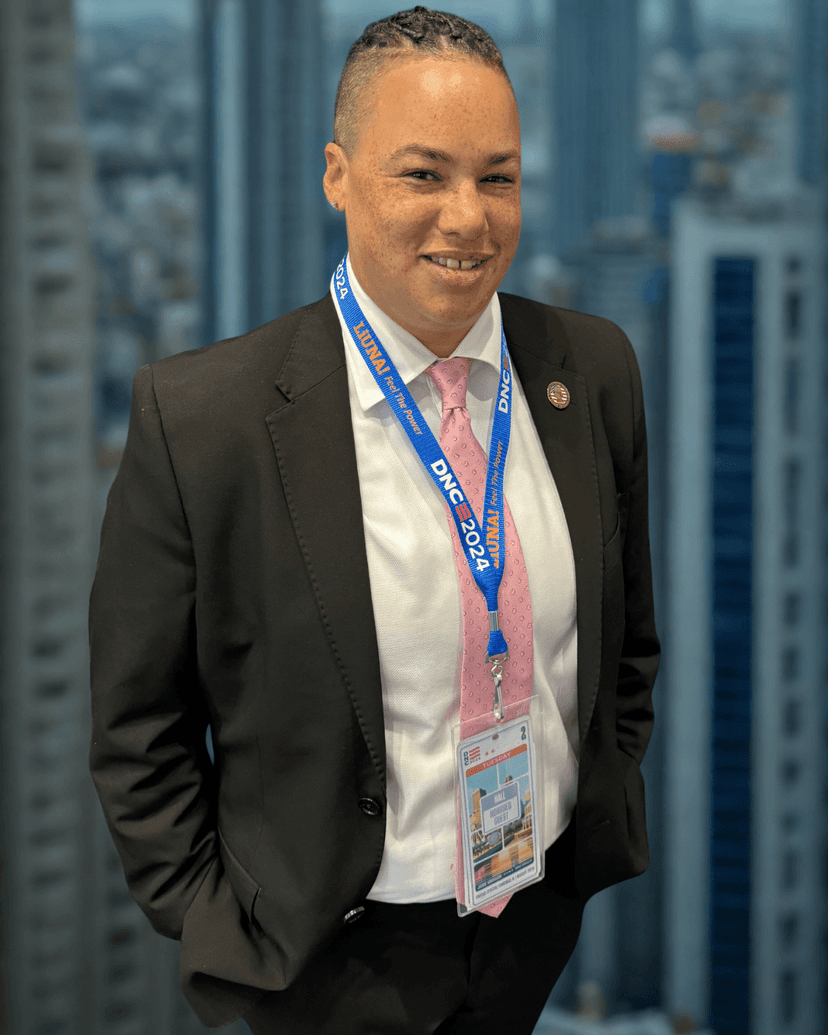Black.
Queer.
Veteran.
Individually, each identity faces its own set of socioeconomic challenges. When combined, this “minority trifecta” should be elevated and celebrated — but those of us who live at this powerful intersection instead face exponential challenges and feel the most invisible.
It’s easier to connect when in active-duty status. Once we transition back into civilian life, we often find ourselves having to choose which identity to lean into, and finding one another often feels like joyous happenstance.
Why does it matter? Those of us who are both Black and queer can generally understand one another’s experiences. Adding military service, and knowing the additional hell we’ve put ourselves through for the sake of upward mobility, forges an entirely different bond.
In most cities, you can find organizations that do military/veteran meetups, and queer meetups, respectively; however, they are not inherently inclusive. This may not be intentional, but there is a lack of intentionality regarding outreach and the consideration of cultural differences. It contributes to a lack of understanding and can make environments feel less safe and/or generally undesirable.
Why is there a lack of inclusion? There is a consistent lack of representation of Black and queer voices in leadership positions within military/veteran organizing groups and/or a lack of Black leadership in queer organizing groups.

Military culture aspires to the ideal that ‘we all wore the uniform, so we’re all the same.’ The reality is significantly different, and those differences become more pronounced based on each person’s identification. Yes, we all swore an oath to protect and defend the Constitution. Yes, we all agreed to abide by the same code of ethics and be upheld to the same Uniform Code of Military Justice.
However, no matter your demographic or region of origin, no one loses sight of their culture, heritage, and inherent identities that make you gravitate toward like-minded individuals. Our uniforms are the same. We, as a people, are not.
When we leave military service and begin to discover our post military identities, we lean into communities that feel most representative of who we are. Our different tastes in music, food, politics, and self-expression inevitably create a chasm in the military/veteran community that is difficult to overcome. This is why representation matters.
We know that the policies in place, and the standards to which they are upheld, are not the same across the board. We had to learn how to navigate the commonly experienced harassment, racial discrimination, and in many cases, sexual harassment and sexual assault that are rampant within the military. There was often no resolution and no safe space, which led to military careers being cut short. All of which contribute to a more difficult transition experience.
If you, like me, live at the convergence of Black, queer, and military/veteran, this issue Is dedicated to you.
To our allies: you helped us survive in a system that wasn’t created with our inclusion or success in mind. Thank you for lifting us up during and after military service. We see you, and we acknowledge you, and we thank you for continuing to elevate our voices in the fight for equity, equality, and our justified but denied seats at the table.
This special magazine edition is a project funded by the D.C. Mayor’s Office’s Black LGBTQ+ History Preservation Grant, which Modern Military is participating in along with several other organizations. It is not meant to represent the entire Black queer military/veteran experience, but we are happy to introduce you to a few of us and invite you to hear our stories.













